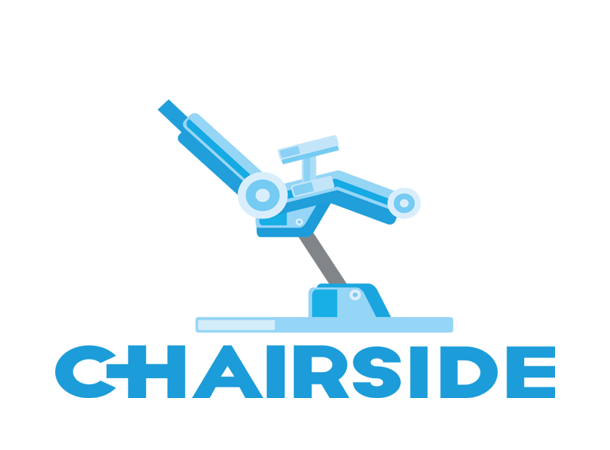Introduction to specialty training
While most dentists work in general practice, you may choose to pursue recognised postgraduate training to qualify for one of the GDC’s 13 specialist lists. Only dentists registered on one of these lists can call themselves a specialist, protecting patients from unjustified claims of expertise.
The GDC’s recognised specialities include:
- Dental and maxillofacial radiology
- Dental public health
- Endodontics
- Oral and maxillofacial pathology
- Oral medicine
- Oral microbiology
- Oral surgery
- Orthodontics
- Paediatric dentistry
- Periodontics
- Prosthodontics
- Restorative dentistry and its mono-specialities: endodontics, periodontics and prosthodontics
- Special care dentistry
The specialist list for oral and maxillofacial surgery is maintained by the General Medical Council (GMC), requiring a medical degree and separate legislation.

